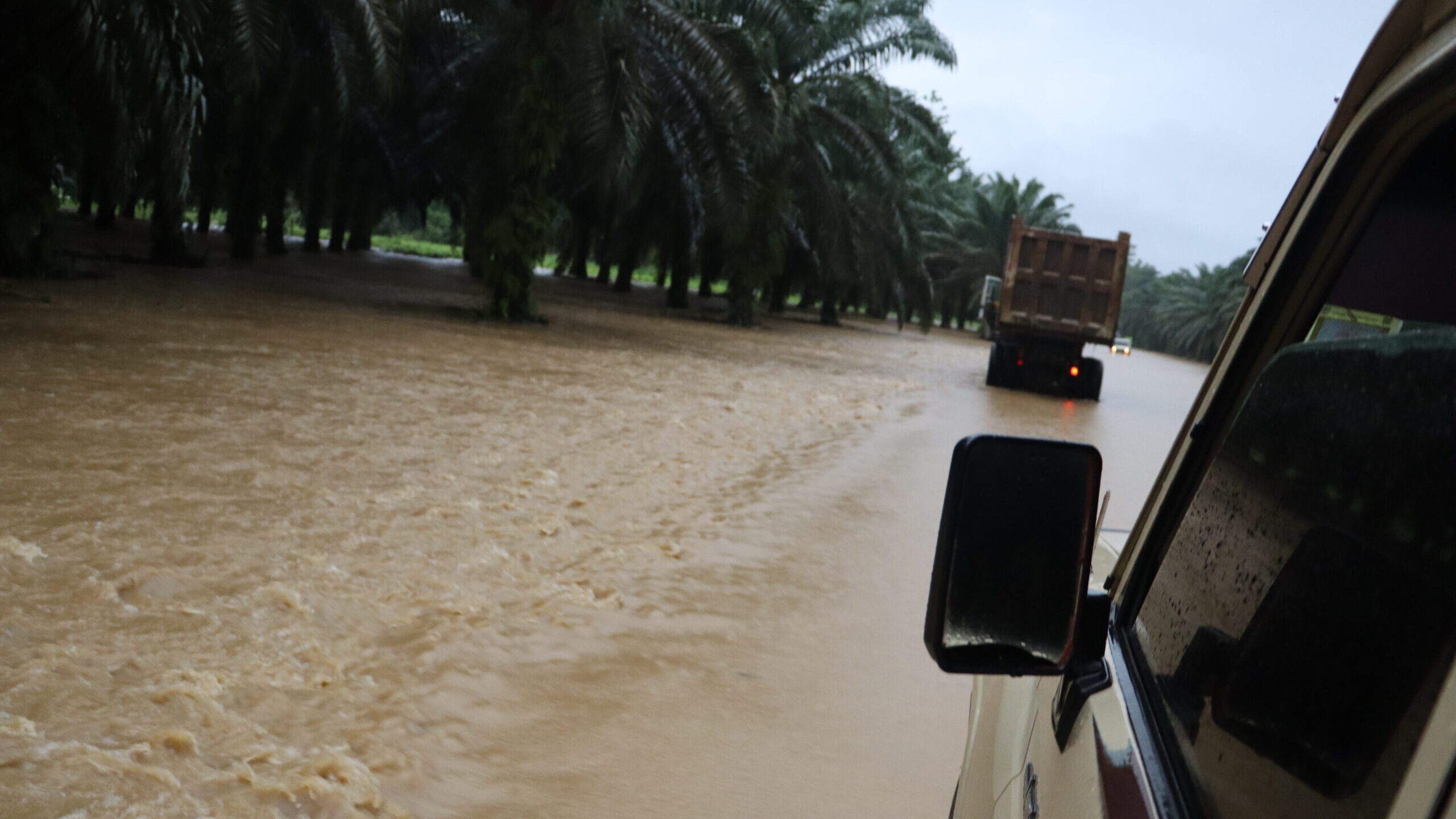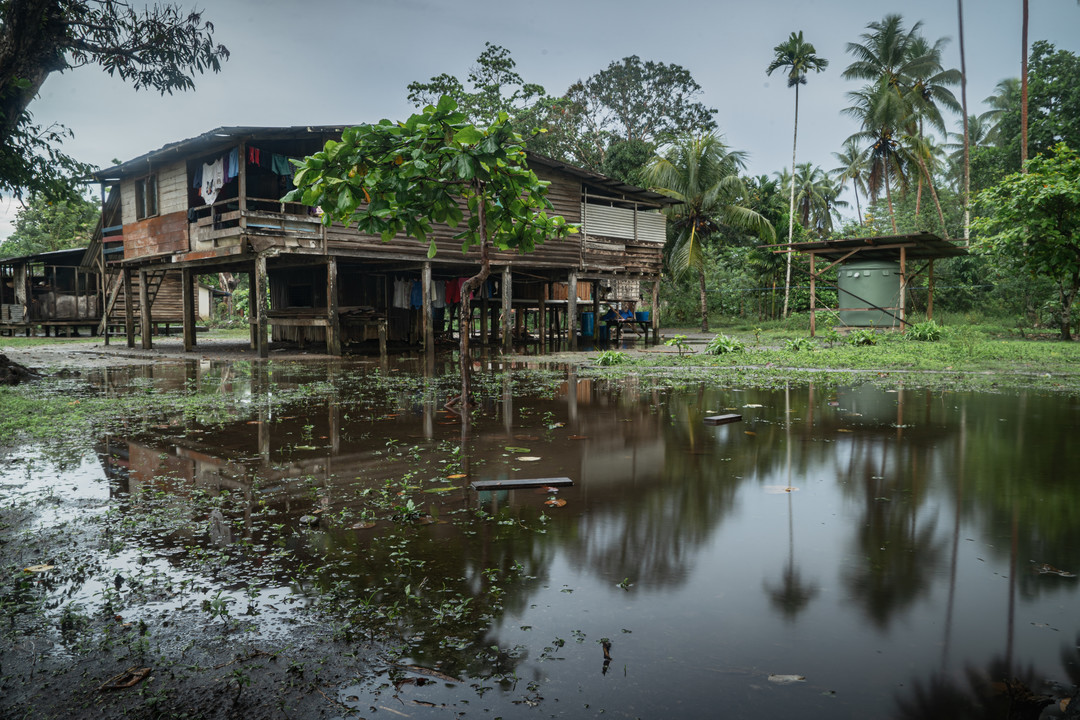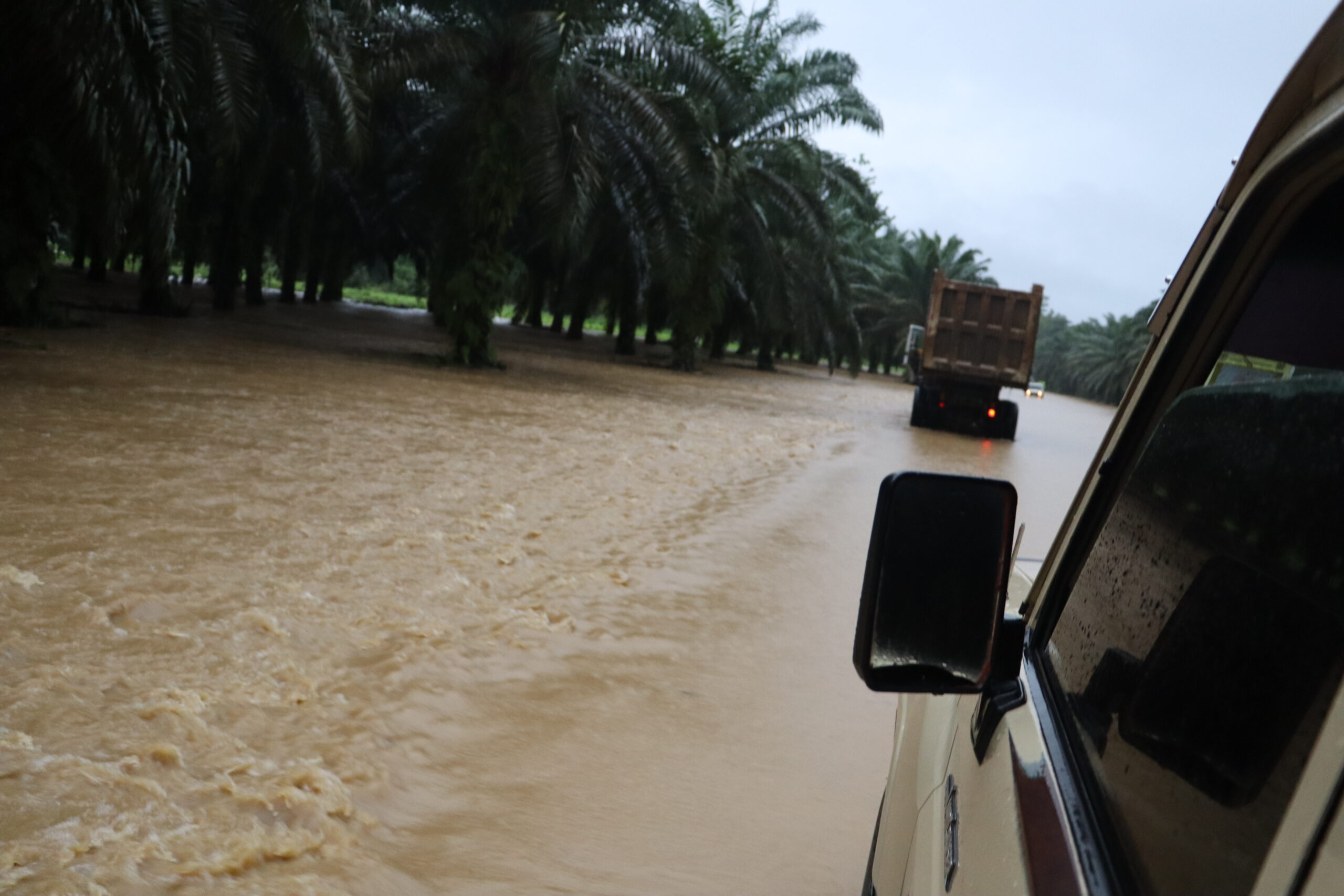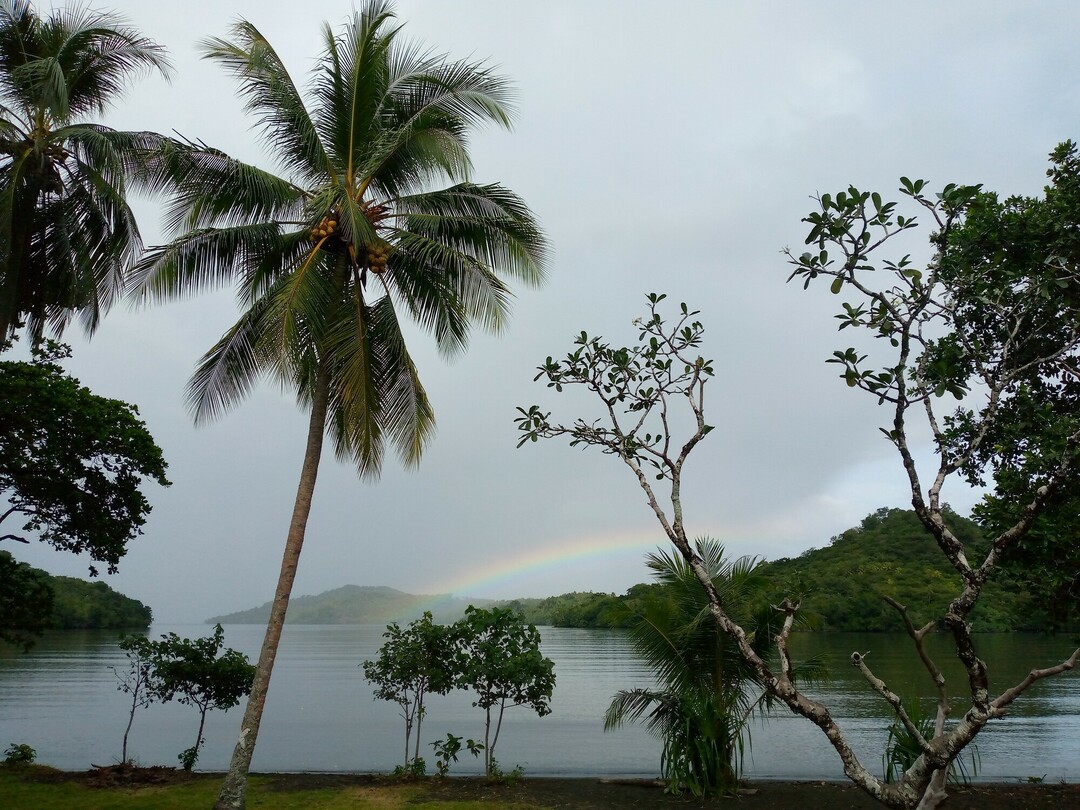
The impact of unpredictable weather on rainforest communities
All around the world, we are feeling the effects of shifting weather patterns as climate change starts to kick in, but particularly for rainforest communities. Heatwaves and wildfire seasons are getting longer, heavy rains and flash flooding are becoming more and more unpredictable.
In Papua New Guinea, the sound of rainfall is deafening; constant. It hasn’t stopped raining for days. Lelena Dileco, from Wadauda, a small community that lives deep in the heart of the New Guinea rainforest has seen the changes first hand.
He was once able to predict the changes in seasons, knowing when the rainy season would start and stop, enabling him to plan when crops would be planted and harvested. But that’s becoming harder and harder.

In recent months the rains have become severe, torrential downpours and flash floods are wreaking havoc on Lelena’s livelihood and for others in his community.
Wadauda, like other rainforest communities across Papua New Guinea, has poor infrastructure and are dependent on small-scale agriculture, with farming being the primary source of income.
But the rainfall and floods affect gardens and crops. Heavy rains saturate the soil, leading to waterlogged fields and crop losses. Floods can wash away entire gardens in a matter of hours, leaving people in communities like Sololo, Wadauda and Kondu devastated both financially and emotionally.
‘We can’t do anything about it because all our crops are soaked in water, we just have to wait for the rain to stop so the water can go down.’
“We rely on selling our produce to earn money so we can buy necessities like rice and sugar but when this happens, we just have to rely on our garden food to survive.’ If they flood, it’s not possible to rely on that either.
Without a steady income from selling produce, families struggle to afford necessities such as food, healthcare, and education for their children.

The bad weather also means they can’t reach the towns to buy what they need. Poor infrastructure makes the issue worse as many rural areas lack proper roads, relying instead on bush tracks or poorly maintained paths. During periods of heavy rain or flooding, these makeshift roads become impassable, cutting off communities from vital services.
For Lelena the absence of bridges further compounds the problem, as swollen rivers and streams isolate his community from neighbouring towns and markets. Without reliable transportation routes, Lelena cannot transport his produce to market, resulting in financial losses and wasted harvests.
Unpredictable weather patterns and poor infrastructure present daunting challenges for rural rainforest communities who are reliant on agriculture for their livelihoods.

With Cool Earth coming on board to support Wadauda in terms of cash giving, this has been instrumental in aiding rainforest communities like Lelena’s. We provide unrestricted funding to the PNG communities we partner with every 6 months, enabling them to repair crop gardens and damaged infrastructure when faced with the impacts of flooding. The cash provides immediate relief by addressing needs like food and shelter, and also facilitates access to essential services such as healthcare and education.
By investing in climate-resilient infrastructure, improving access to markets, and fostering community resilience, we can support rural communities in weathering the storm and building a brighter, more sustainable future.